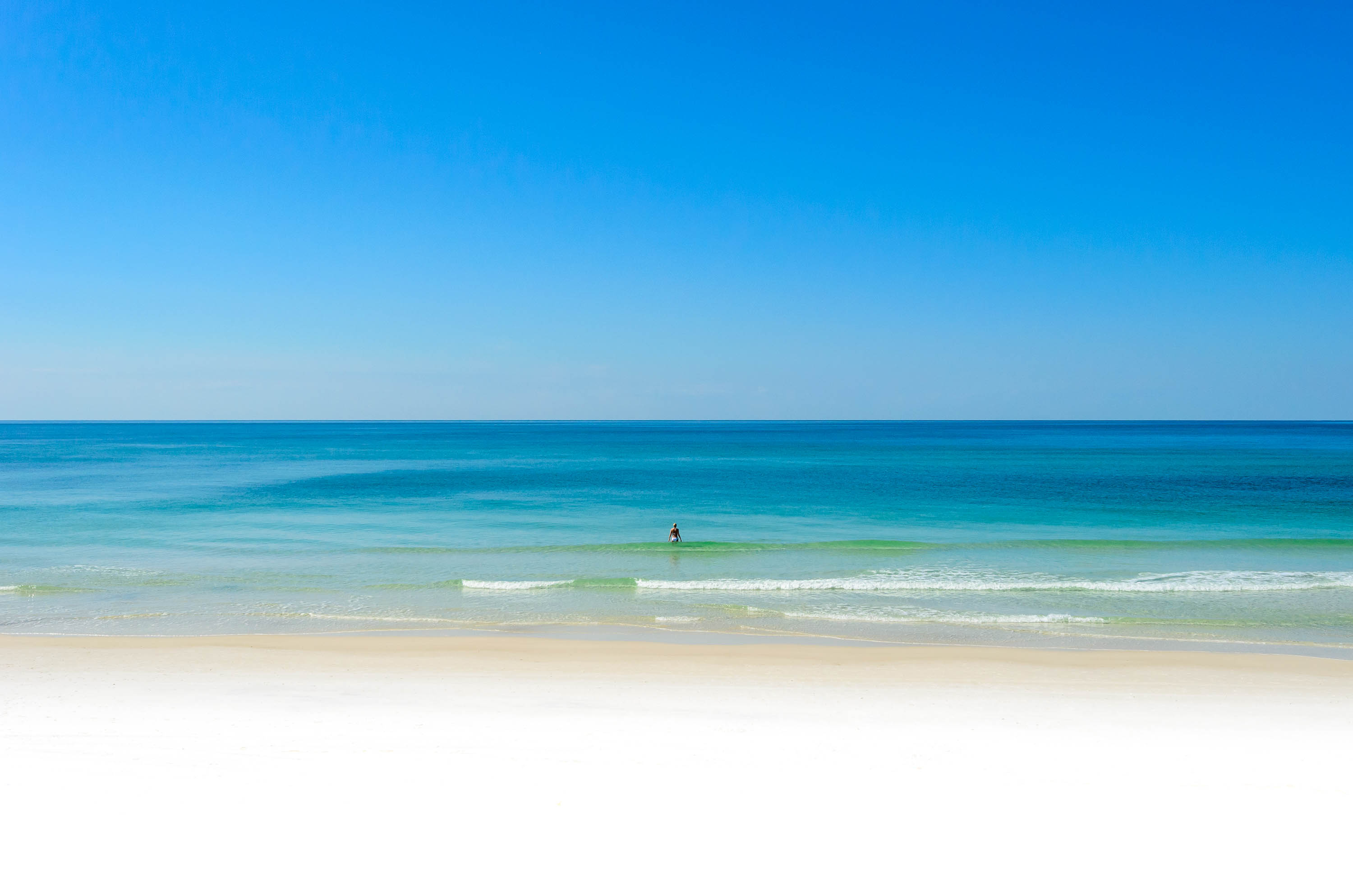Jellyfish said:
I think the views of these two groups ( investulators trying to flip for quick profits and people who want an second home at the beach) obviously are quite different. MId and Long term, no worries. On the other hand, those who bought for the quick buck on shaky financing, well, thats why they call it "speculating". I have talked to numerous people in that category, and the main reason they "invested" (ie: borrowed on home equity on option ARMs) was someone they knew made big money or they watched too many
Rich Dad, Poor Dad informercials. Making money takes time and hard work, and leverage works both ways. Long term vs short term is the problem.
Jellyfish: I agree with your investulator versus second-home owners. I also agree, Jellyfish, that for most people making money takes time and hard work. Most people who have second homes at the beach have thought through their decisions carefully.
Personally, I liked the books "Rich Dad, Poor Dad" and "The Millionaire Next Door". Did you read "Rich Dad, Poor Dad"? My take-away from both books was to live under your means and invest wisely. (although I have heard mixed reviews about Rich Dad, Poor Dad and some concerns seem reasonable.) Planning on flipping properties wouldn't make sense unless you had a lot of money to risk and had the means to hold onto the properties in a bad market (I don't think either book talked about flipping properties, but I could be wrong since I read them about 5 years ago I think). I didn't see anything about making a quick buck in these books (though I haven't watched the PBS special with the author of Rich Dad, Poor Dad). I thought the authors emphasize careful, thoughtful, systematic financial planning and investing with a long-term focus and to have savings in the bank for emergencies.
For example, these books influenced our choice to buy our second cottage because we felt it would force us to invest money in the cottage rather than spend the money on things that don't add value (and that we can't enjoy for the long term). We met with our accountant first to get his advice. He said buying the second cottage was OK but not to buy any more and not to depend on rental income for paying down the mortgage or bills. And we considered what would happen in difficult times. We knew it was possible we'd have to work more jobs if we wanted to keep the second cottage especially if we lost rental income (e.g., due to a hurricane) and we're ready to do so if necessary. We knew we lose money if the market turned and we had to sell, and were prepared to do so if necessary. And we knew we'd have to save for a rainy day as well. So far, so good, though -- the decision to buy the second cottage has paid off nicely in terms of current quality of life, future life planning (e.g., retirement and building/maintaining family connections), and financial investment. Life could always throw something unexpected, but we can only plan for so much and then we have to just let life take its course.
Frankly, I think most people who can afford beach homes have thought through these kinds of details and know that, while they are likely to enjoy the benefits, they also have to be prepared for difficult periods. In general, people are smart and thoughtful.
Anyway, I recommend these books to the MBA students I teach because I think they remind people who make good incomes not to waste it, but instead to save and invest it.
